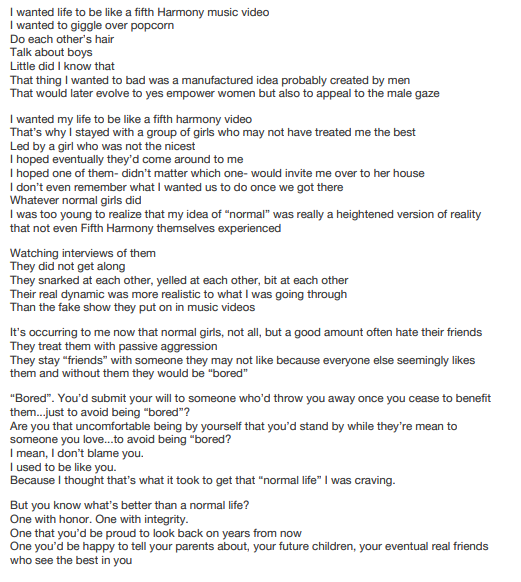
Ye Min Htut (submitted by Kaythari Maw)
These oil paintings were submitted by Kaythari Maw on behalf of her dad, who passed away 5 years ago from cancer.
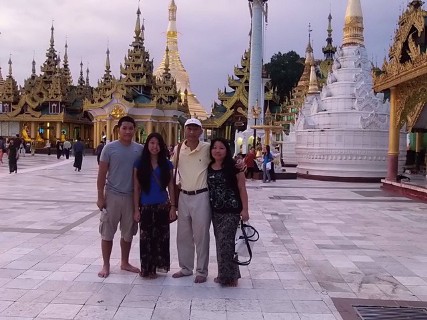
My dad came to America with my mother as refugees from Myanmar in 1993 to have a better life for my brother and future me. He made a living in America by using his artistic talent to be a graphic designer for a clothing design company in NYC. When he was diagnosed with cancer, he used the opportunity to create oil paintings and host an art gallery in Myanmar in which the proceeds went to an orphanage in Myanmar. My dad is a huge inspiration to me, and his story, to me, is like the American dream. I'm submitting multiple pieces of his work, so that you can choose which one is best for the launch. All are somehow related to Myanmar and its history and culture.
Beautiful Bagan, oil on canvas
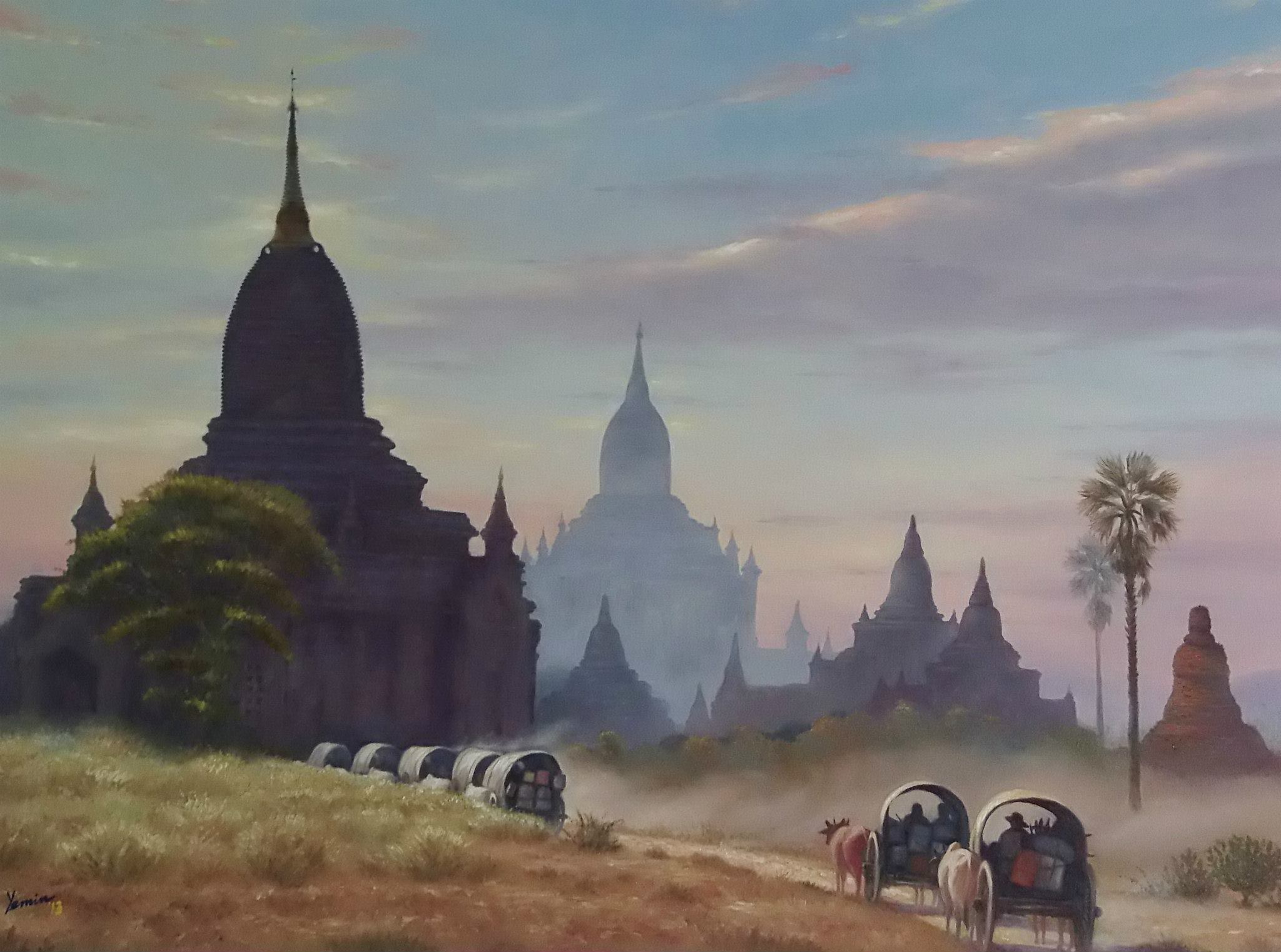
Bathing Girl, oil on canvas
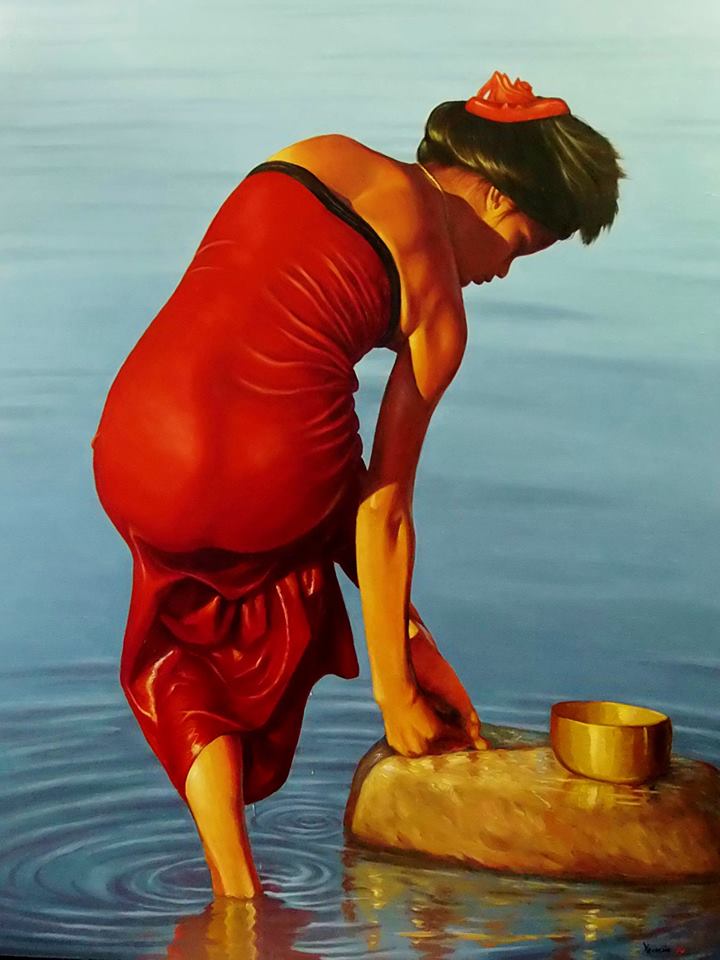
Padaung Girl, oil on canvas
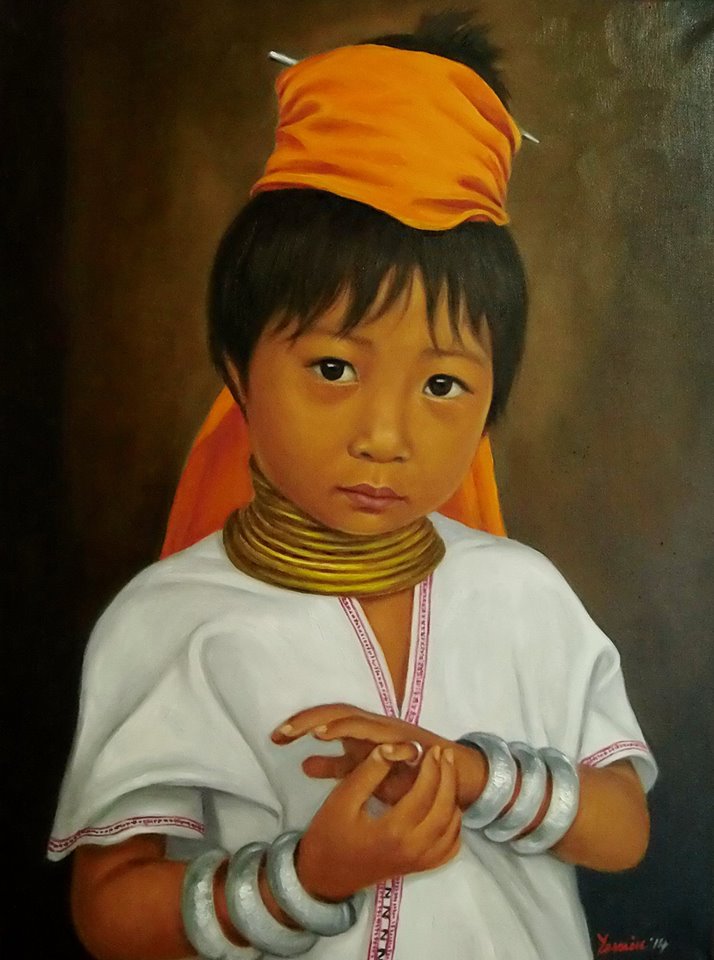

DAVID KOH
David Koh is a new media digital artist based in Brooklyn. He received his B.A. in Film & TV Production in 2015 from NYU’s Tisch School of the Arts.
My work explores narrative when viewed in reconfigured, alternative, and expanded ways. How we perceive story, memory, and history is of paramount interest to me. Everyone can view the exact same thing but remember differently. In this way, my “narrative impressionist” artwork seeks to fragment images and narratives and then present them anew in reconfigured styles. Using elements like personal history, fragmented images of memory, appropriated internet media, and cultural history, I weave these disparate materials together to form collage-like digital paintings and video works.

ABBY CLEMENTE
Abby is a senior at Barnard College, Columbia University. She's our very own Head of Print, responsible for bringing you Issue Two of unSEAled's beautiful print zine that you've seen. We love you Abby!
Below is the film accompaniment of Abby's submission, "Love Letter," found in the physical zine.
Keep up with our gal by following her on Instagram!
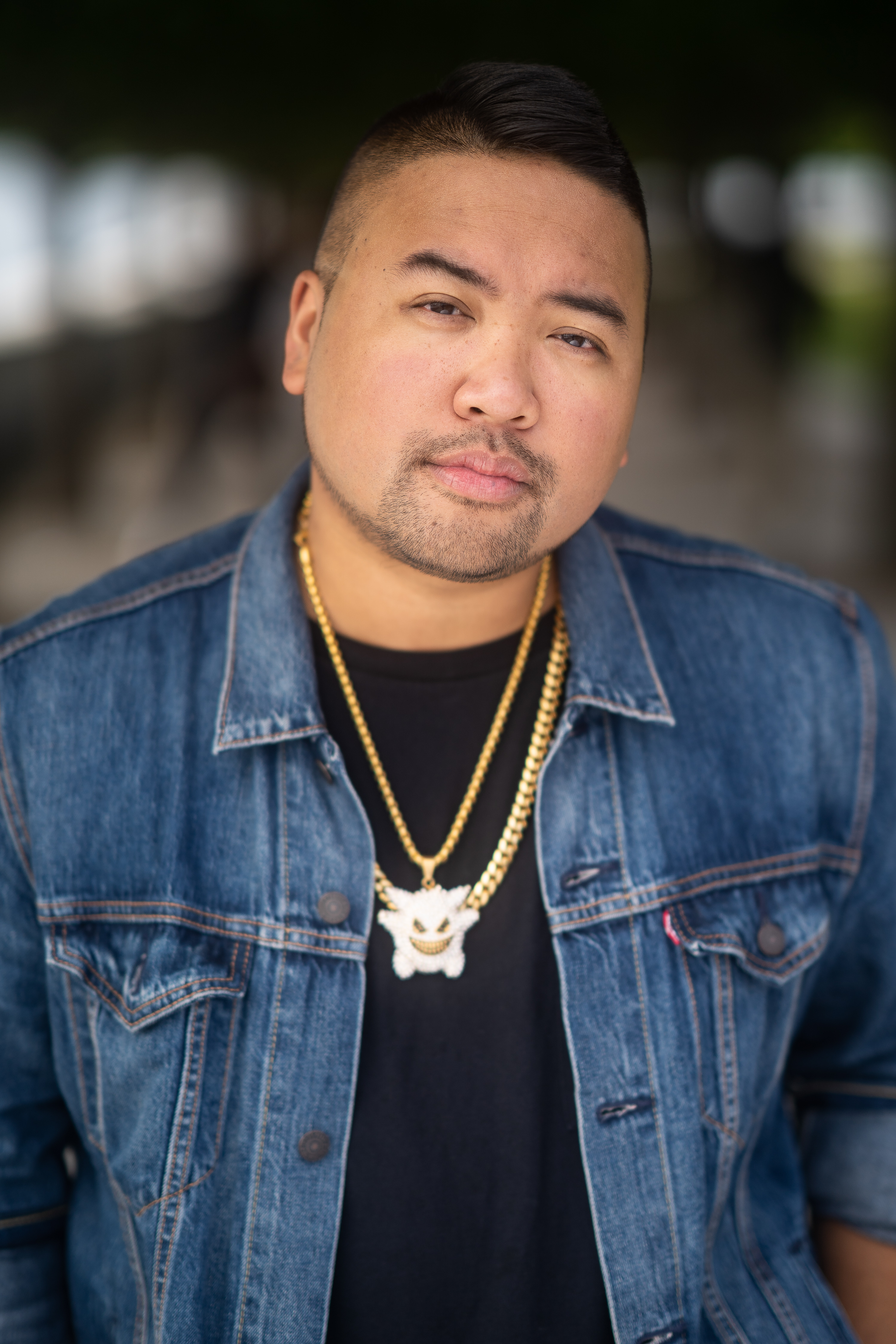
IZZY MANALOTO
IZZY MAN is a creator and artist, transforming thoughts, Sega samples, and Power Ranger explosions into words, music, movement, and life. Trained in the art of slam poetry and spoken word, his childhood journey through NYC allowed him to sample the best that hiphop culture had to offer; picking up rhythm from the Organize Chaos Step Team of Brooklyn Tech HS and Terps Dance Company at SUNY Oneonta, to spittin poetry at a national level with the Intangible Collective, founding the eclectic rap group ELITE FOR. With vibes like The Roots mixed with J Cole and Street Fighter II: Turbo Edition, IZZY MAN and his crew is always ready to rock out. Find out more here.
Our personal favorite of IZZY MAN. This is "Genesis."

LOUISE OLAY
A multifaceted artist hailing from Yonkers, NY, Louise currently focuses on music as a career. Louise lives to create.
Louise's new EP, Manic Pixie Nightmare, is released on all song platforms.
"To This Shit (TUDISHI)", one track off of the new EP.
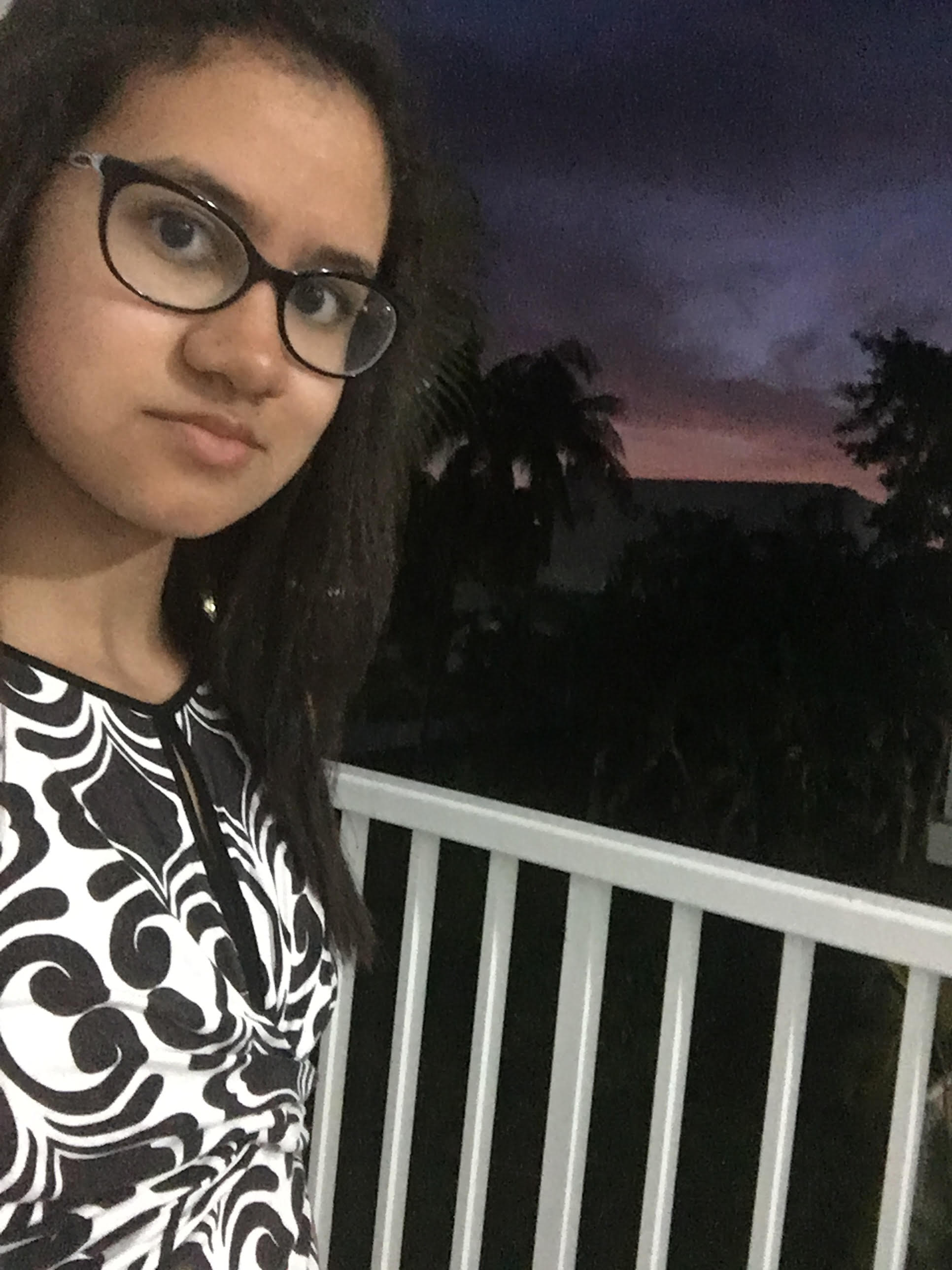
EVANGELYN BELTRAN
Evangelyn is a spoken word artist, writer, and actress. She aims to build people from marginalized communities up and raise awareness of important issues in her work.

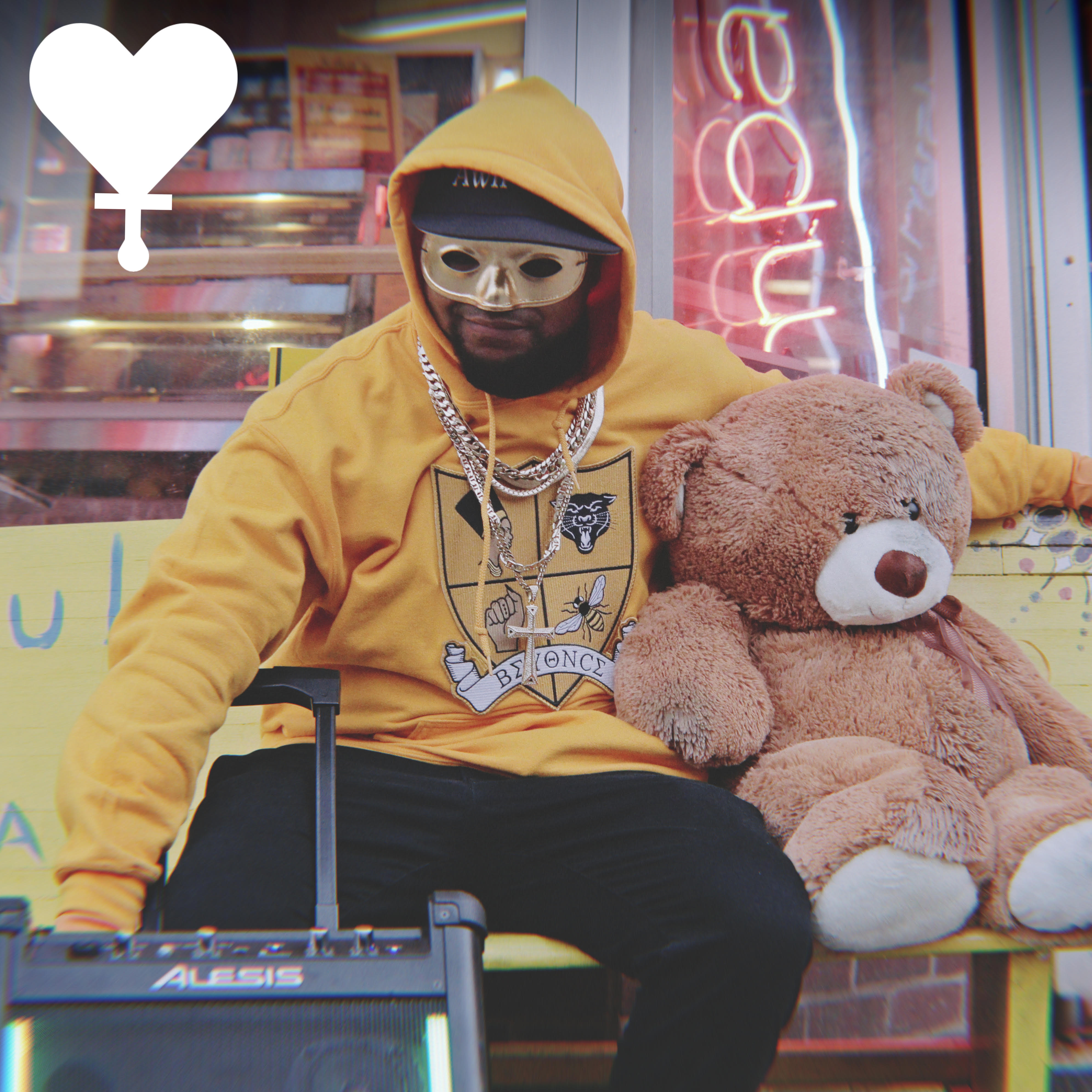
AWIL ONUAG
In an effort to separate art from the artist, Awil Onuag wears a mask. He describes his eight years of recording and performing between 2007 through 2015 as an “artist development phase of self-discovery." Since April 2018, Awil has released six singles with several of his songs attaining features on Spotify’s Fresh Finds, Beats & Rhymes, Shisha Lounge, Eyescream Magazine, and New Music Friday editorial playlists.
"In My Dreams" was featured in Asia and the United States on Spotify's New Music Friday and Beats & Rhymes Playlist in January 2019. The song is a 95% true story (some details changed for privacy) of my struggles growing up in the American suburbs. The song discusses my dad being shot 2x in the face and coping with anxiety while trying to pursue my dreams.

KEVIN LE
Kevin Le is a senior at Columbia University studying Operations Research with a concentration in Analytics. Though he's not a performer, he pops into practice rooms here and there to record piano freestyles on his phone as a mode of self-reflection/keeping an audio diary. His biggest stylistic influences are Yann Tiersen and Metallica.
"Sept 16 2019" is an audio reflection Kevin made while contemplating if he made the right choice in standing by a friend who others felt had failed him and others. At the end of the recording I remain unsure, but I feel I did the right thing.
"Sept 19 2019" is an audio reflection Kevin made after returning to those same thoughts after a few days. It mirrors "Sept 16 2019" in many ways but demonstrates a greater confidence in his choice. Though chaotic, there is a sense of triumph and liberation. At this point, the situation I was in had continued to escalate, but I no longer felt a pit in my stomach. I had embraced my values, and I believed the situation would work out if I continued to do so.
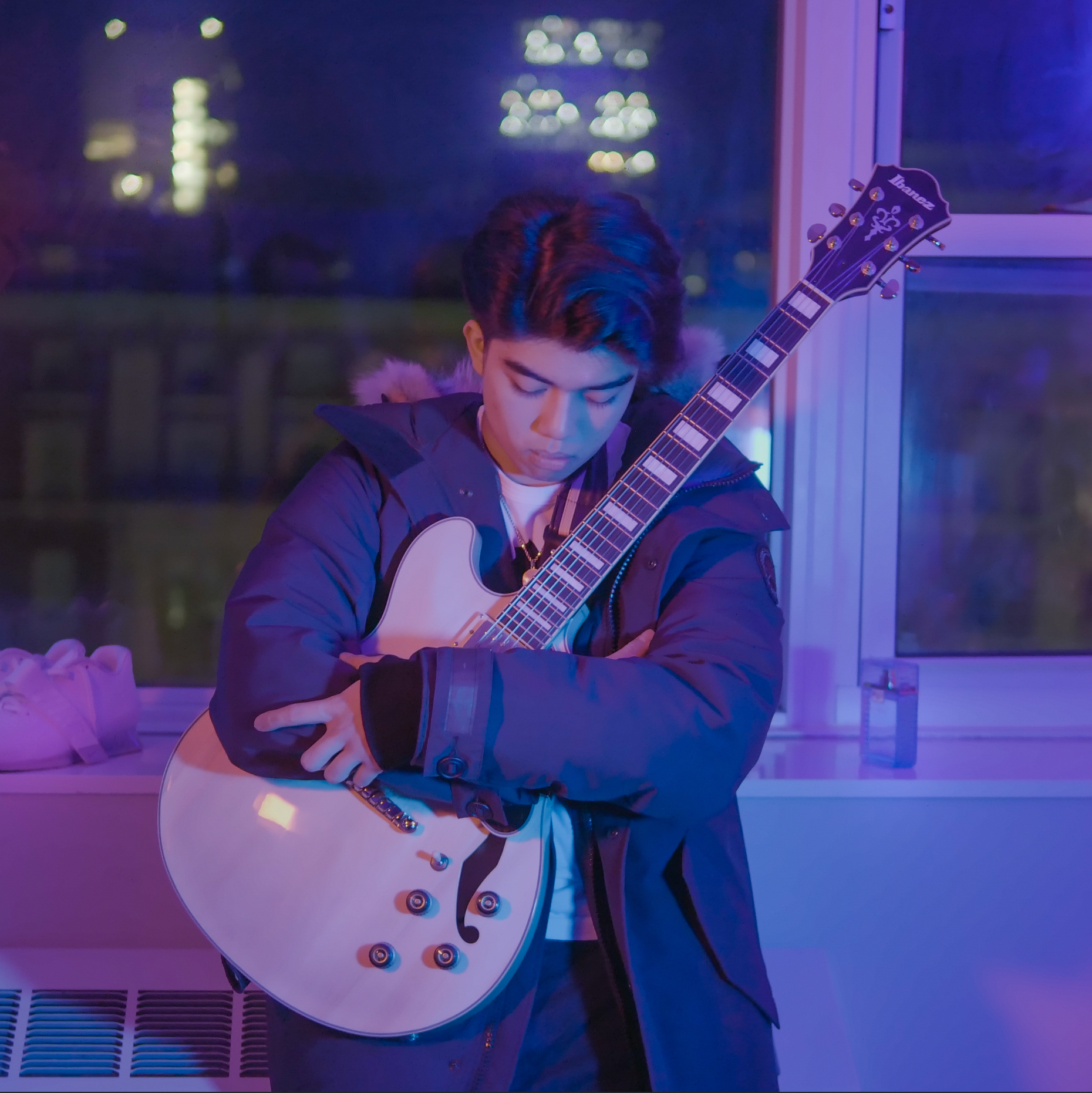
LUIS VILLANUEVA
Luis is a filmmaker and musician (under Warner Music) from the Philippines. Currently, he is a prospective Film/Music double major.
"Joaquin" is a short film set in the streets of Manila that follows its main character, Joaquin, on his journey to save his mother's life. Depicting the duality of conflict between an adolescent who was once a gang member and his former superior from the streets, the film displays how morality isn't so binary - there is no true good and evil, only our choices and those choices' implications.
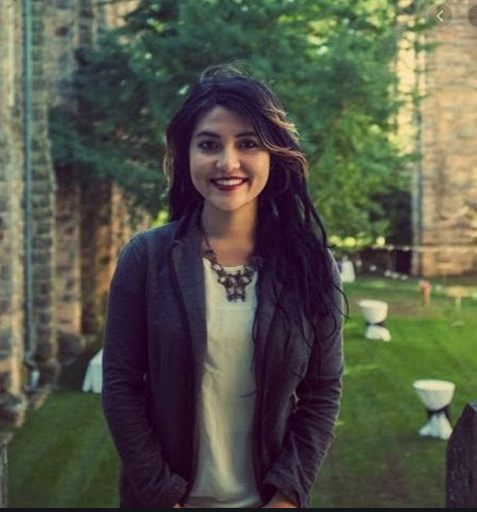
THUY TRAN
“Hangie” (pronounced “Angie”) is a lawyer-aspiring student who loves boba and books equally. She is obtaining her master’s in Education Policy at Teachers College, Columbia University, where she advocates for comprehensive educational opportunities for underprivileged students.
My time in Mexico as a Fulbright English Teacher Assistant.